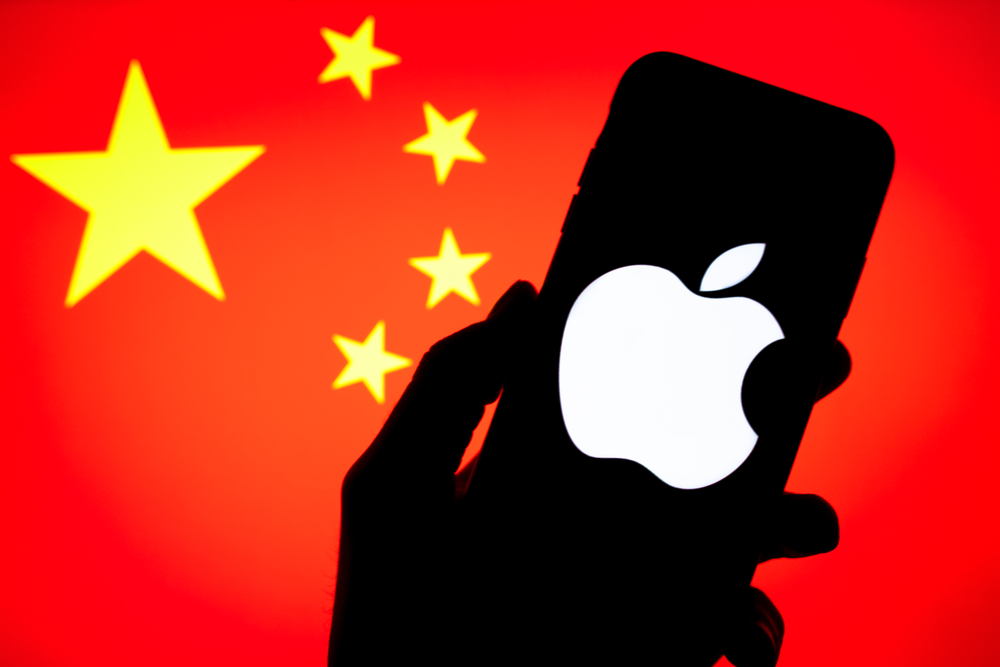Apple has removed over 100 generative AI apps from its App Store platform in China in anticipation of new laws going into effect there.
In July, the Chinese authorities published a long list of requirements for any suppliers of generative artificial intelligence software. The laws go into effect on 15 August and include the requirement that generative AI app publishers will require a license from Chinese authorities to supply their software in China.
Any apps built using LLMs like ChatGPT will find themselves on the wrong side of these new laws which is why Apple has started pulling them off the shelves en masse.
A Chinese developer of an app called OpenCat, based on ChatGPT, tweeted the notice he got from Apple which spells out the reason these apps are being pulled.
很抱歉的通知大家,因政策问题 OpenCat 已无法在国区下载。您将无法在 App Store 中国区搜索、下载 OpenCat,下面是一些解决方案:
如果您只有国区账号,可以通过以下步骤更新 App:
1. 打开「系统设置 → 通用 → iPhone 储存空间」
2. 点进 OpenCat, 点击「卸载 App」(数据不会删除)
3.… pic.twitter.com/FxpieHWKOh— Baye aka 威力狈 (@waylybaye) August 1, 2023
The explanation from Apple said, “As you may know, the government has been tightening regulations associated with deep synthesis technologies (DST) and generative AI services, including ChatGPT. DST must fulfill permitting requirements to operate in China, including securing a license from the Ministry of Industry and Information Technology (MIIT). Based on our review, your app is associated with ChatGPT, which does not have requisite permits to operate in China.”
A Chinese tech blogger posted a tweet showing a long list of AI apps that were no longer available on the Chinese App Store.
一大波AI应用被国区App Store下架,应该是苹果应合规要求做了批量操作。 pic.twitter.com/I0wvkTBCIv
— 阑夕 (@foxshuo) August 1, 2023
Exactly what it will take to obtain a license from the Chinese Ministry of Industry and Information Technology isn’t clear but we’re guessing it won’t be an easy process.
One of the requirements in the new law is that the output of the generative AI must adhere to “core values of socialism.” It also says that these tools must “take effective measures to improve the transparency of generative artificial intelligence services.”
That last one will be tricky for the likes of OpenAI and Google whose models are proprietary, unlike Meta’s open-source approach. China is insisting on being able to see exactly what’s happening in the code.
The law is also very prescriptive about what data AI models can use as training data. This is very much at odds with Google’s approach of ‘if it’s on the web it’s fair game’ when it comes to training data sets.
I can’t help but wonder if China’s requirements aren’t in some way part of the motivation for Meta’s open-source approach. The apps that were pulled in China are still available in other countries but for many of these publishers, China was their only market.
It will be interesting to see how many of these app publishers get licenses and come back online with Llama 2 under the hood rather than ChatGPT.





